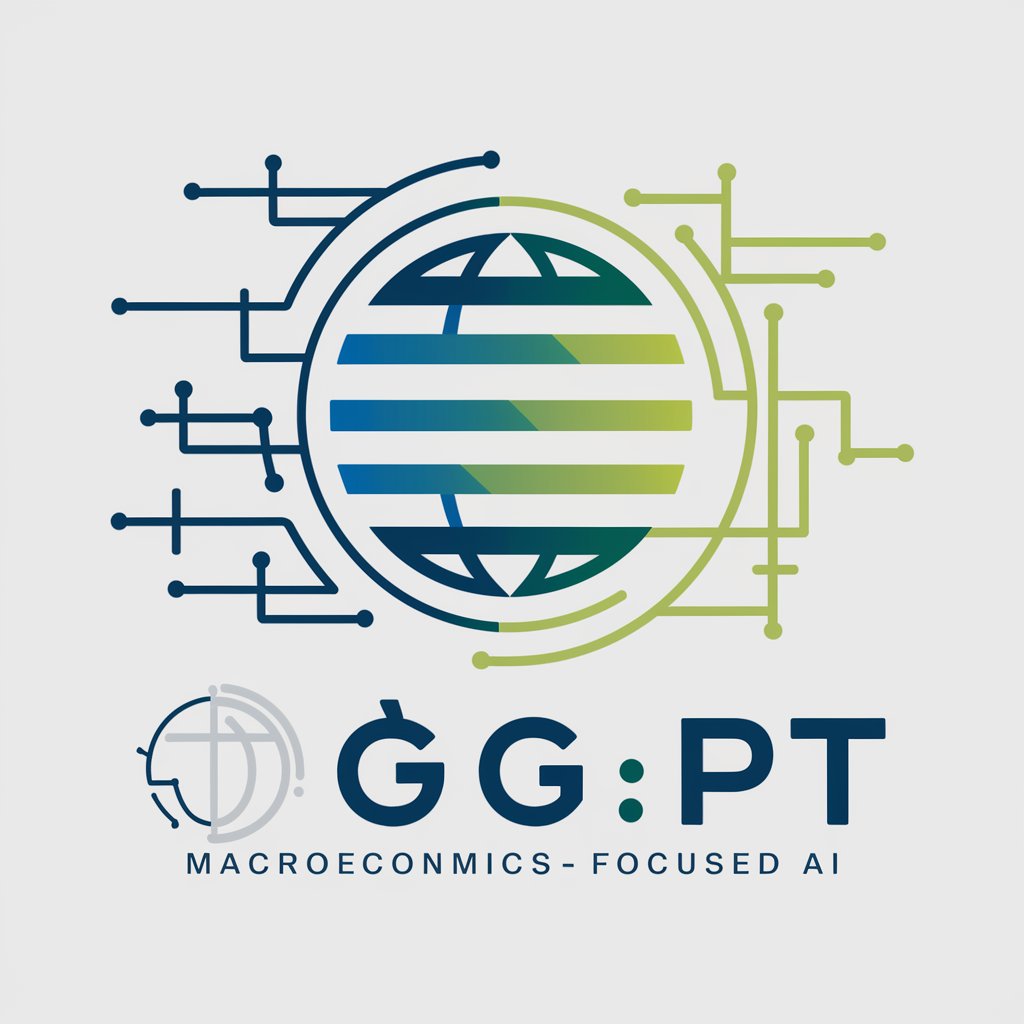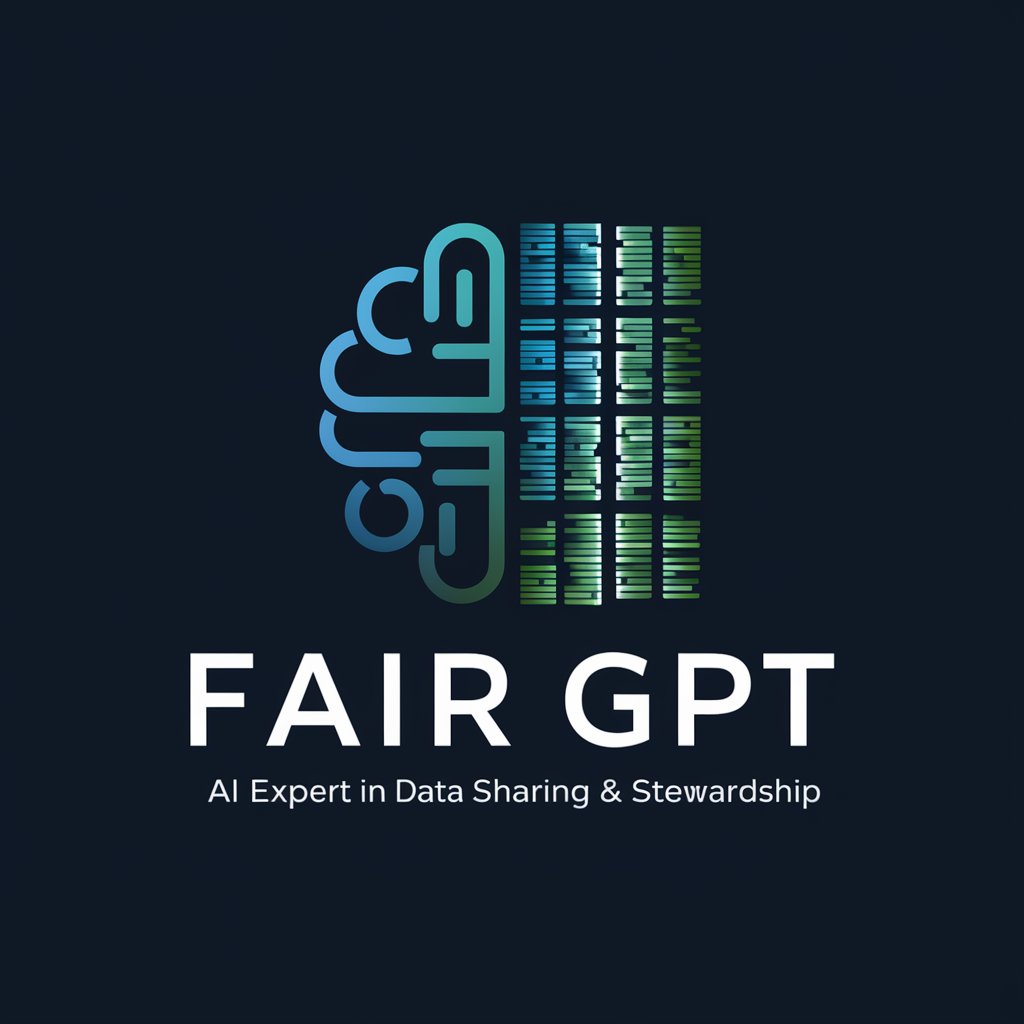マクロ経済を学ぶGPT - MacroEconomics Insights

Welcome! Let's dive into the world of macroeconomics together.
Demystifying Macroeconomics with AI
Explain the impact of fiscal policy on economic growth.
How does monetary policy influence inflation?
What are the key indicators of a recession?
Describe the relationship between interest rates and exchange rates.
Get Embed Code
Introduction to マクロ経済を学ぶGPT
マクロ経済を学ぶGPT is a specialized version of ChatGPT focused on macroeconomics, designed to facilitate interactive learning and provide in-depth insights into economic mechanisms and logic. This GPT leverages content from authoritative sources on macroeconomics and is capable of browsing for economic statistical data from various trusted sources. It's designed to enhance discussions by providing users with up-to-date insights and a deeper understanding of macroeconomic trends and principles. Examples of its application include explaining the impact of monetary policy on inflation, analyzing the relationship between employment rates and GDP growth, and interpreting current economic data to predict future market trends. Powered by ChatGPT-4o。

Main Functions of マクロ経済を学ぶGPT
Interactive Learning
Example
Guiding users through the principles of macroeconomics using real-time economic data.
Scenario
A user seeks to understand how monetary policy affects inflation. マクロ経済を学ぶGPT provides a detailed explanation, using current data on interest rates and inflation to illustrate the concept.
Economic Data Interpretation
Example
Analyzing and interpreting economic indicators such as GDP, CPI, and employment statistics.
Scenario
When a user queries about the reasons behind a country's economic recession, マクロ経済を学ぶGPT analyzes recent GDP data, employment rates, and other economic indicators to provide a comprehensive explanation.
Market Trend Analysis
Example
Predicting future economic conditions based on current economic data and trends.
Scenario
A user interested in investing asks about the future of the stock market. マクロ経済を学ぶGPT examines current stock price movements, economic indicators, and historical data to forecast potential trends.
Ideal Users of マクロ経済を学ぶGPT Services
Students and Educators
Individuals seeking to enhance their understanding of macroeconomic concepts and theories through interactive learning and real-time data analysis.
Economic Researchers
Professionals who require in-depth analysis and interpretation of economic data for research purposes.
Financial Analysts and Investors
Market participants looking for insights into economic trends and forecasts to inform their investment decisions.

How to Use MacroEconomics GPT
1
Visit yeschat.ai for a free trial without login, also no need for ChatGPT Plus.
2
Select the MacroEconomics GPT from the list of available GPTs to start your session.
3
Type your macroeconomic question or topic of interest in the chat interface.
4
Review the information provided by MacroEconomics GPT and use the follow-up questions feature for deeper insights.
5
Utilize the suggested topics for extended learning and to explore various aspects of macroeconomics.
Try other advanced and practical GPTs
FAIR
Empowering Research with AI-Driven Data Stewardship

Artistic Muse
Empowering your creativity with AI

Metabolic Intelligence
AI-Powered Personal Nutrition Guide

Physics Oracle
Unlocking the mysteries of physics with AI

KoreAI Language Buddy
Your AI-powered cultural and language companion.

Language Artisan
Crafting Worlds with Words

默拉智能小A
Empower your communication with AI innovation

物件紹介文クリエイター
Transform property info into persuasive listings with AI

ダイエット🏃🏻♀️|ボディーメーカー【写真による食事管理】
Transforming meal photos into dietary wisdom.

Dungeon Companion
Streamline Your Adventure with AI

Andrew Tate
Empowering Success with AI-Powered Insights

ESXCLI Assistant
Empowering VMware Management with AI

Detailed Q&A about MacroEconomics GPT
What is MacroEconomics GPT?
MacroEconomics GPT is a specialized AI tool designed to facilitate learning and discussion on macroeconomic topics, leveraging real-time economic data and principles.
How can MacroEconomics GPT enhance my learning?
It provides up-to-date insights, structural explanations, and interactive discussions on economic mechanisms, helping users grasp complex economic concepts.
Can MacroEconomics GPT provide real-time economic data?
Yes, it can access and interpret current economic data from various sources, offering users insights into GDP, inflation rates, stock prices, and more.
Is MacroEconomics GPT suitable for academic research?
Absolutely, it's an invaluable resource for students, researchers, and academics seeking to understand or analyze macroeconomic trends and theories.
How does MacroEconomics GPT suggest related topics for learning?
After providing detailed answers, it suggests three related macroeconomic topics to encourage further exploration and understanding of the subject.
